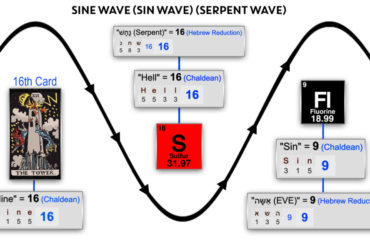
The interplay between Judas Iscariot and Jesus Christ in the context of predestination presents a decisive narrative that challenges traditional notions of free will and divine justice. The betrayal of Jesus, foretold and enacted with precision, reveals a cosmic plan in which both Jesus and Judas operate as instruments of inevitability. In the Gospel of John (13:21-27), Jesus not only predicts Judas’s betrayal but identifies him directly by giving him the sop—a symbolic act that transcends mere identification. This gesture sets into motion the entry of Satan into Judas, marking a pivotal moment in the Passion narrative. The sop, dipped in oil or wine, acts as a spiritual catalyst, transferring authority and aligning Judas’s actions with the divine will.
Jesus, in giving the sop, does not act out of personal choice but as an agent of a predestined plan. His foreknowledge of Judas as the deceiver underscores the inevitability of the betrayal, revealing Jesus as both a prophet of the events to come and an active participant in their unfolding. This duality—Jesus as the sacrificial Son of God and the facilitator of Judas’s betrayal—cements the idea that the events leading to the crucifixion were divinely orchestrated. Judas, too, functions as a vessel of inevitability. Chosen and foretold as the betrayer, his actions are essential to the fulfillment of prophecy. Yet, this predestined role leaves Judas to bear the moral and spiritual weight of his actions, a tragic figure locked in a narrative beyond his control.
Passages such as Matthew 26:24 reinforce the tension between predestination and individual responsibility: “The Son of Man will go just as it is written about him. But woe to that man who betrays the Son of Man! It would be better for him if he had not been born.” This statement highlights the unavoidable nature of Judas’s actions while also pointing to the profound burden of his role. Judas’s life, chosen to fulfill the divine plan of salvation, is a paradox of necessity and condemnation. His betrayal is not incidental but integral to the redemption narrative, ensuring the crucifixion and, ultimately, the resurrection.
In this context, neither Jesus nor Judas has a true choice in their roles. Jesus is predestined to give Judas the sop, fulfilling His foretelling of the deceiver and setting the divine plan in motion. Judas, in turn, is predestined to receive the sop, embodying the role of betrayer as Satan enters him. The narrative forces a confrontation with the complexities of predestination: a divine plan that necessitates the actions of its participants, yet leaves them to grapple with the weight of those actions. In this decisive framework, both Jesus and Judas act as instruments of a cosmic design, their lives intertwined in a story that underscores the mystery and inevitability of divine will.



